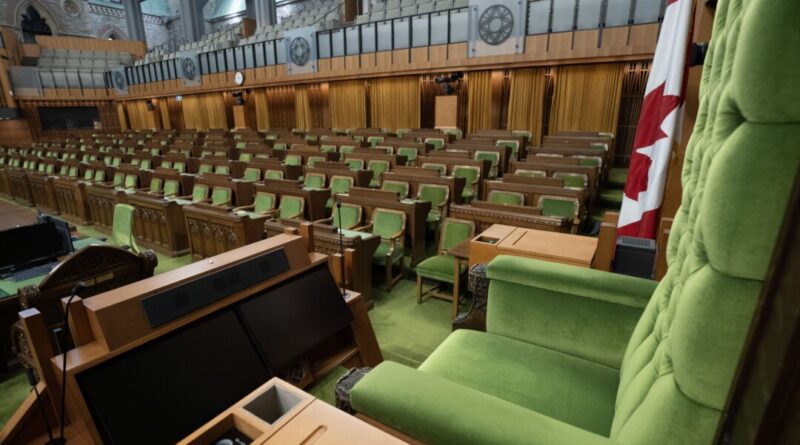If the Government Fails, Which Major Bills Would Fail?
News Analysis
Whether Prime Minister Justin Trudeau decides to stay or go, the country could be heading toward a spring election and the government’s current legislative agenda would be relegated to the archives.
Some of the bills that are in jeopardy include the controversial Online Harms Act, which targets issues like child pornography and would create a new hate crime offence punishable by life imprisonment.
Entering the last year of its mandate, the minority Liberal government has been able to pass a number of major pieces of legislation, whether around the regulation of information or firearms.
Other big pieces, like those pertaining to dental care and pharmacare, were brought forward and passed as part of the Liberals’ commitment to the NDP in exchange for keeping the government in power until June 2025.
Now that the NDP has announced fully reversing its stance, promising to take down the government instead of supporting it on confidence votes, it appears the future of a few impactful government bills is in question.
Whether this comes by a spring election or Trudeau proroguing Parliament to avoid this outcome remains to be seen. The prime minister has been under increased pressure to step down from his own caucus since Chrystia Freeland resigned from cabinet on Dec. 16.
In any case, House business ground to a halt during the fall sitting, and there is no indication to date that conditions will be different when the House resumes sitting on Jan. 27.
The opposition led a filibuster in recent months in response to the government not fully complying with a House order to submit all documents pertaining to the federal green fund SDTC to the RCMP.
Another factor impacting the approval of remaining bills is their stage in the parliamentary review process.
Bills in Play
The most advanced piece of legislation is Bill C-26 dealing with telecommunications security, which the Senate sent back to the House with an amendment after completing third reading. Senators caught a mistake in the bill that would have made a large portion of it inoperable.
Virani said his government would aim to pass the first portion of the bill that deals with protecting children online. This portion would also create a Digital Safety Commission to regulate social media companies.
The government bill to amend the Canada Elections Act is also at risk of dying before the next election. Bill C-65 would create two additional days of advance polling and would strengthen measures to combat foreign interference.
Conservatives have also said the Liberals and the NDP have sought to make this change so that MPs who stand to lose their seats in the October election would qualify for their pensions. MPs first elected in 2019 will qualify on Oct. 21, 2025, after six years of service.





